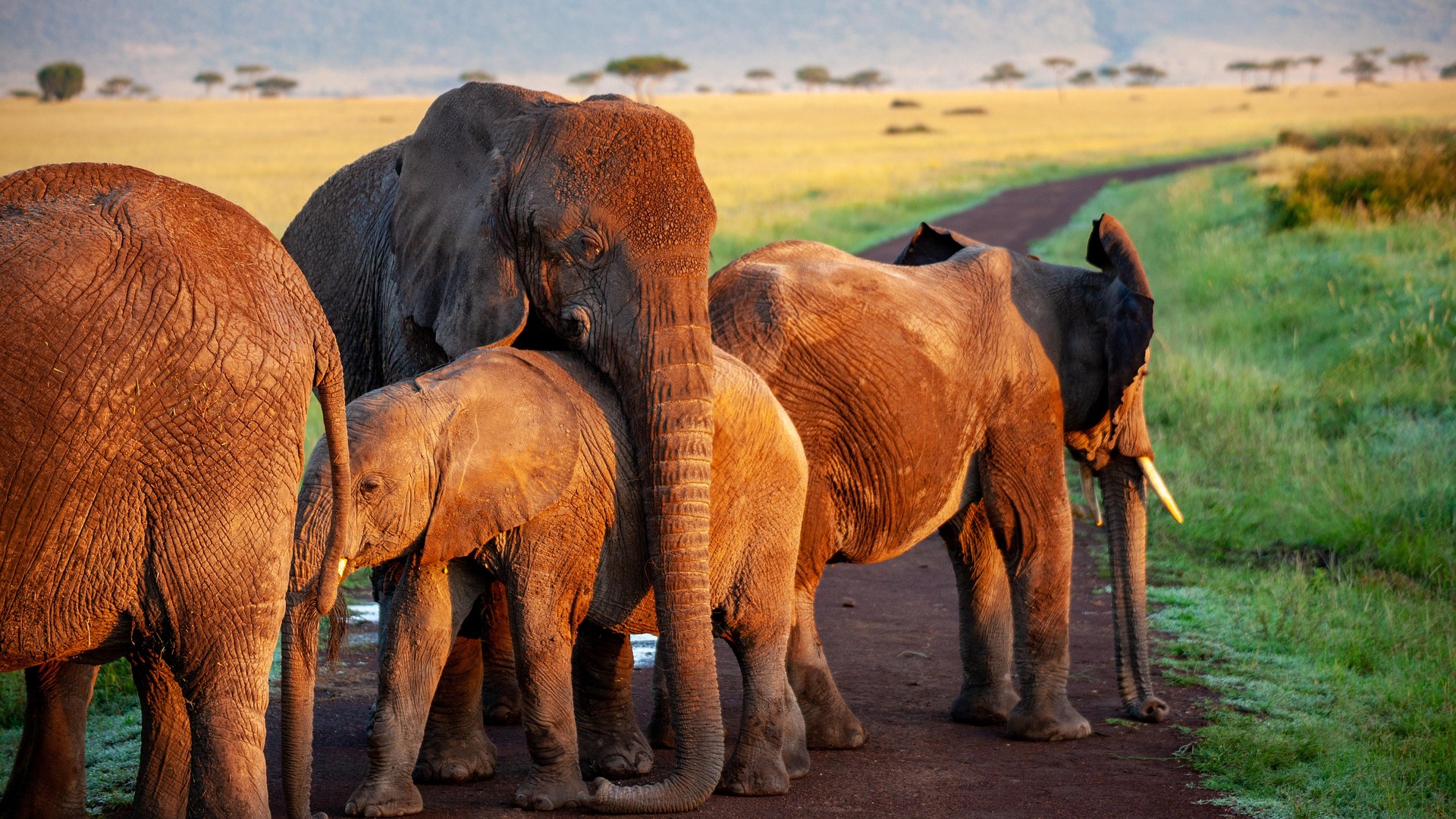Elephants are among the longest-living land animals. On average, African elephants live about 60 to 70 years, while Asian elephants tend to live a bit shorter, around 50 to 60 years.
Several factors can influence how long an elephant lives:
- Diet and Health: Just like humans, a good diet and overall health are key to a long life. In the wild, elephants spend a lot of time foraging for food, and a varied diet helps them stay healthy. In captivity, they can receive special care, but they still need plenty of space and social interaction to thrive.
- Family and Social Structures: Elephants are incredibly social animals. Female elephants, especially matriarchs (the oldest females), play an important role in guiding their herds. A strong family unit can provide protection and support, which is essential for survival.
- Poaching and Habitat Loss: Sadly, elephants are often hunted for their tusks, and their habitats are shrinking due to human development. Poaching and the loss of land can seriously affect the lifespan of both African and Asian elephants.
- Stress and Environment: Elephants in stressful environments, such as those with limited space or human interaction, may experience shorter lifespans. Elephants need to roam large areas to get enough food and water, and when they are confined or forced into unnatural situations, it can take a toll on their health.
